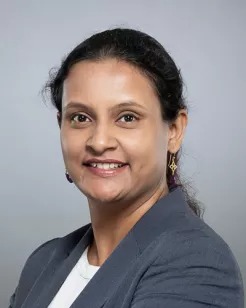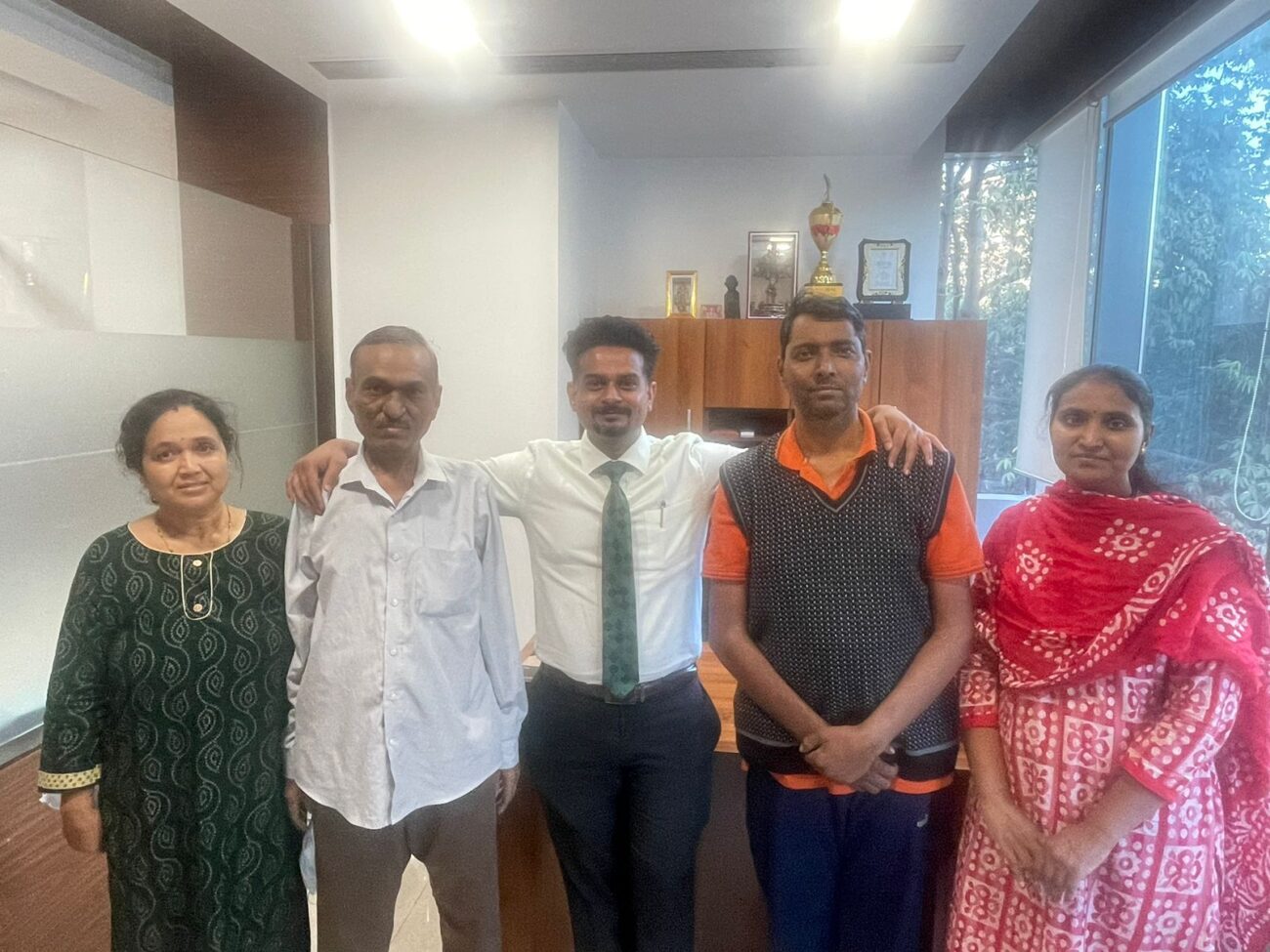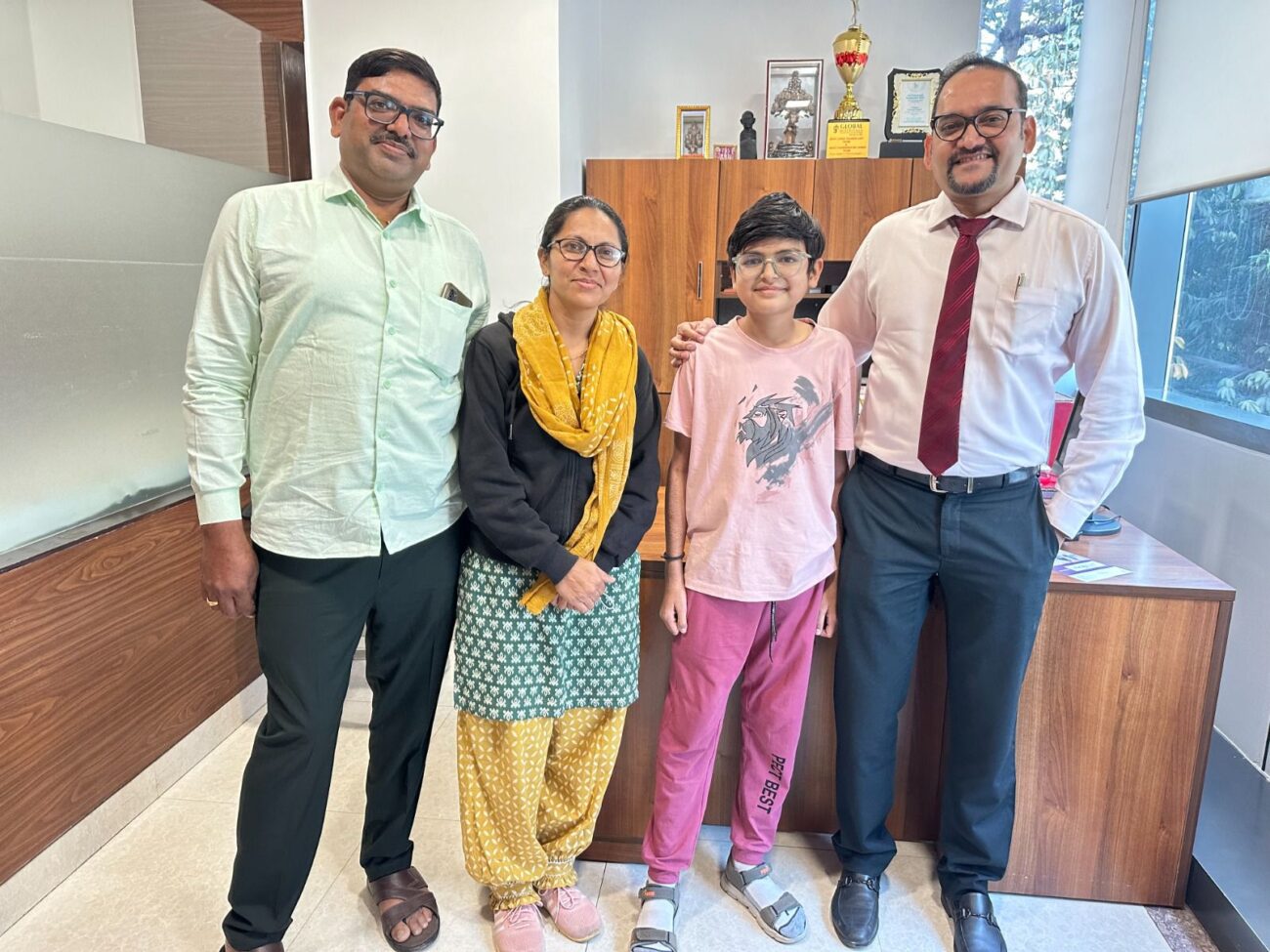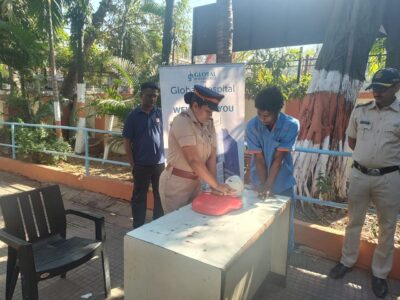Patients treated with steroids following COVID infection at risk of developing Femoral Head Avascular Necrosis and must get evaluated early, says experts at BGS Gleneagles Global Hospital
Experts at BGS Gleneagles Global Hospital hosted an orthopedic conference part of the World Arthritis Day highlighting commonly faced bone and joint issues, their causes, symptoms, and the available treatment options The experts also
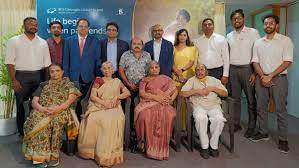
- Experts at BGS Gleneagles Global Hospital hosted an orthopedic conference part of the World Arthritis Day highlighting commonly faced bone and joint issues, their causes, symptoms, and the available treatment options
- The experts also discussed and presented challenging and unique patient case studies of arthritis needing joint replacement including the failed joint replacements (i.e., Revision joint replacement surgeries)
- Approximately 3000 joint replacements have been performed at the hospital since the service inception in 2008
To mark World Arthritis Day and to increase public awareness of the importance of prevention, management, and treatment of bone and joint conditions, BGS Gleneagles Global Hospital hosted an orthopedic press conference at their Kengeri facility in Bengaluru where the experts talked about common bone and joint conditions, their causes, symptoms, and finally available treatment options.
Osteoarthritis, the most common form of arthritis, and most frequent joint disease with a prevalence of 22% to 39% in India. A chronic, progressive musculoskeletal disorder characterized by gradual loss of cartilage in joints resulting in bones rubbing together and creating stiffness, pain, and impaired movement. The disease most commonly affects the joints in the knees, hips, hands, feet, and spine.
Rare and challenging cases of arthritis needing joint replacement including failed joint replacements (i.e., Revision joint replacement surgeries) were presented by experts and discussed during the conference.
Speaking about the most common bone and joint issues faced by patients visiting the hospital, Dr. Basavaraj C M, Sr Consultant Orthopedics and Joint Replacement Surgeon commented, “The most common conditions patients present to us with include osteoarthritis needing joint replacement, inflammatory arthritis such as rheumatoid arthritis, ankylosing spondylitis, failed joint replacements requiring revision surgery, sports injuries such as cruciate ligament tear, meniscus tear of the knee, and rotator cuff injuries of the shoulder. Recently we are seeing a lot of cases of avascular necrosis of femoral head (destroyed hip joint) in patients who have received steroids as treatment following Covid infection.”
Elaborating on the common identified causes for these issues, Dr. Basavaraj further commented saying, “It is very important for patients who have received steroids for covid infection to seek help early, so if the condition, Femoral Head Avascular Necrosis is diagnosed timely, we can perform a relatively minor procedure called core decompression of the femoral head and save the natural joint. If they present later with destruction of the hip joint, then a major procedure of hip replacement needs to be performed. For patients suffering from inflammatory arthritis, they should get an opinion from Rheumatologist at relatively early stages of disease process. Rheumatologists have very effective treatment, which could halt the disease process and prevent destruction of the joints needing joint replacement surgery.”
At BGS Gleneagles global hospital patients who present with mild to moderate osteoarthritis are managed conservatively with safe analgesics and physiotherapy. In advanced degenerative osteoarthritis the patients could have continuous pain, disturbed sleep, and severe deformities of the joint. These symptoms could indicate advanced osteoarthritis, and these patients are further evaluated with X-rays to confirm severe osteoarthritis. Joint replacement surgery is discussed as a treatment option only in such patients.
Speaking on the joint replacements performed and how the procedure has transformed over the years, Biju Nair, Cluster COO, Gleneagles Global Hospitals, Bengaluru said,” Since its inception in 2008, approximately 3000 joint replacements have been performed at the hospital. As of 2011 we have been performing computer assisted joint replacement. The rapid rehab protocols were started in 2014 which reduced the number of days the patient is hospitalized from 7 to 3 days. The protocols have evolved since and now we have clinical results better than many famed European hospitals.”
“Most sports injuries can be tackled by good, supervised physiotherapy. Doing warmups before and stretches after the sports prevent long term muscle and joint damage. Controlling weight and doing regular exercises after 40 years of age prevent joint damage and thereby need for any medical intervention.” advised Dr. Santosh Kumar Hakkalmani, Sr Consultant Orthopedics and Joint Replacement Surgeon when asked about prevention and management of sport related injuries.
The orthopedic department at BGS Gleneagles Hospital comprises of a highly trained team with more than 25 years’ experience. The experts are skilled in handling complex joint replacements including failed joint replacements. To ensure that the joint replacements last longer, the hospital uses highest quality implants which are time tested, employs computer assistance to assure deformities are corrected before fixing the artificial joints and uses dedicated laminar airflow operation theatres for joint replacement to ensure risk of infection is kept minimal.



